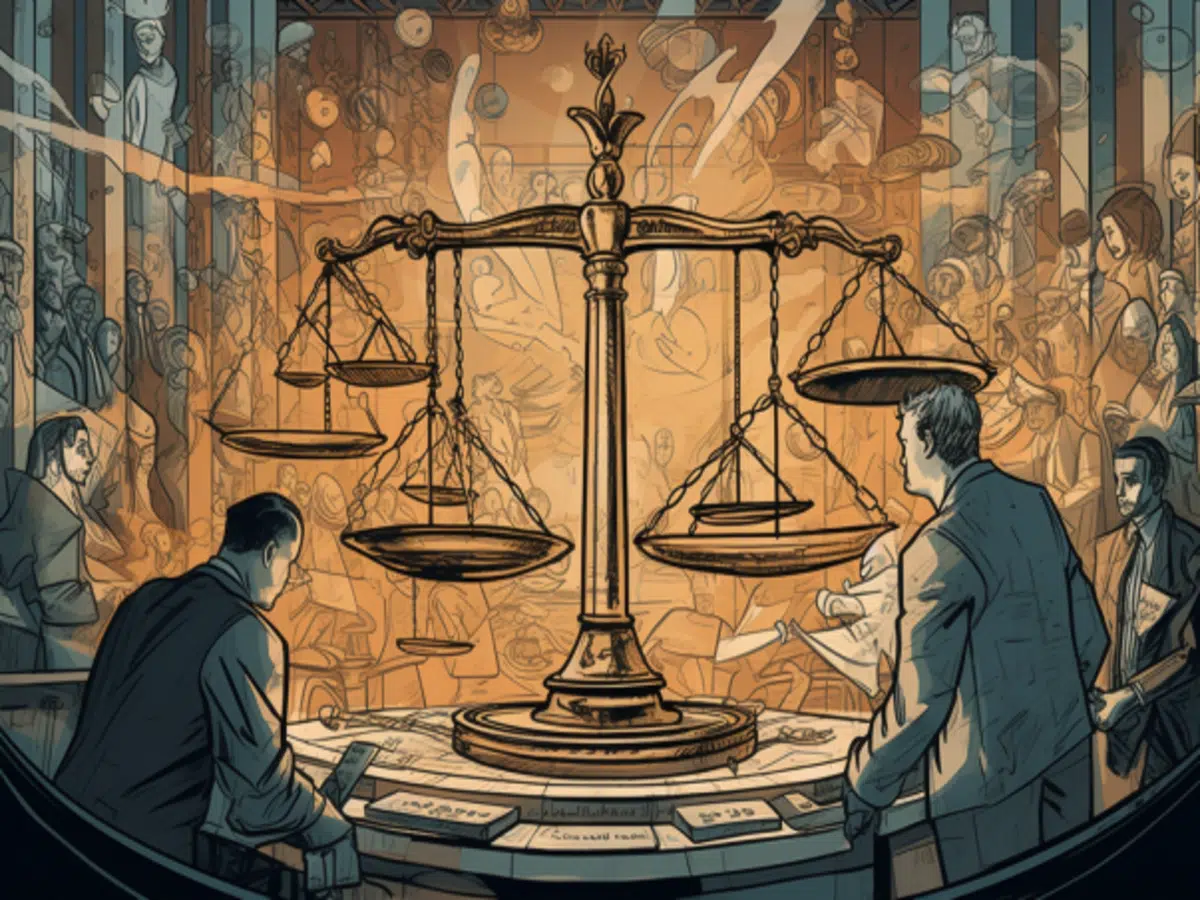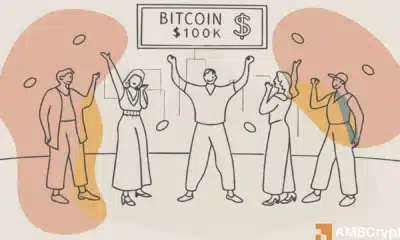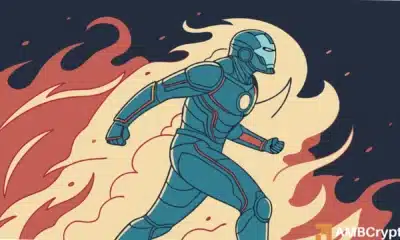SBF trial takes an interesting turn as expert witness battle heats up

- The Department of Justice has sought to bar one of the prosecution’s proposed witnesses.
- The legal maneuvering intensified as the trial date approaches.
Prosecutors have asserted that all of Sam Bankman-Fried’s (SBF) proposed expert witnesses should be disqualified from testifying in his upcoming trial. They cited insufficient disclosure filings, misleading experience, or irrelevant planned testimony. The Department of Justice (DOJ) has also sought to bar one of the prosecution’s proposed witnesses.
This has created a clash over the admissibility of witnesses’ testimonies. The legal maneuvering emerged in the context of Bankman-Fried facing fraud and conspiracy charges. His defense team and the DOJ presented their arguments on witness testimony in recently filed Daubert motions.
The DOJ has taken a firm stance against the witnesses put forth by SBF’s defense team. They claim the disclosure filings are inadequate, some opinions lack clarity, and certain testimony may confuse the jury.
The seven expert witnesses include Lawrence Akka, a British barrister; Thomas Bishop and Joseph Pimbley, affiliated with different consulting firms; Brian Kim, a data analytics and forensics expert; Bradley Smith, a law professor at Capital University Law School; and Andrew Di Wu, an assistant professor at the University of Michigan.
Prosecution and Defense clash over testimony admissibility
Prosecutors have specifically targeted Akka’s testimony, contending that his opinion on the legal definition of a “trust” is more appropriately reserved for a judge’s determination. They have also expressed concerns about the breadth of his definition.
Additionally, the DOJ has criticized both Kim and Bishop for their lack of specificity in disclosure, which could potentially violate the rules. The DOJ has deemed Smith’s testimony unnecessary because there is no campaign finance-specific charge in the case.
Pimbley, designated as an expert on FTX’s code, faced the assertion that his testimony was superfluous. The DOJ asserted that fact witnesses, Gary Wang and Nishad Singh, possessed the necessary qualifications to testify about the code, making Pimbley’s testimony redundant.
Similarly, the DOJ deemed Andrew Di Wu’s general expertise on blockchains and the cryptocurrency industry as irrelevant.
Additionally, the DOJ raised concerns about the relevance of some of Wu’s planned testimony. In particular, his insights on common lending practices in the crypto sphere were raised. The prosecutors indicated that such testimony would be improper for the trial.
The disclosure of witnesses’ compensation was also disclosed. Akka, Bishop, Kim, Pimbley, Smith, and Wu were charging fees ranging from $400 to $1,200 per hour. Peter Vinella, another proposed witness, outlined that his fees were not contingent on the trial’s outcome. However, the exact amount remained undisclosed.
The defense team, in response, has called for the exclusion of Peter Easton, a proposed prosecution witness, due to insufficient basis for his testimony and questionable relevance. They accuse Easton, an accountancy professor at the University of Notre Dame, of offering opinions that merely reiterate the government’s allegations without analytical depth.
The dispute over witnesses’ admissibility has intensified as the trial approaches. Both legal teams have a scheduled virtual meeting to discuss various motions. Those include SBF’s potential release from jail to prepare his defense, limitations on the use of post-July 1 discovery material, and details concerning his “advice-of-counsel” defense.
Defense attorney Christian Everdell lodged a complaint about the immense volume of documents produced by the DOJ. He highlighted the substantial challenges posed by the large quantity of material. The case’s complexities continue to unfold as legal arguments shape the course of Bankman-Fried’s trial.






